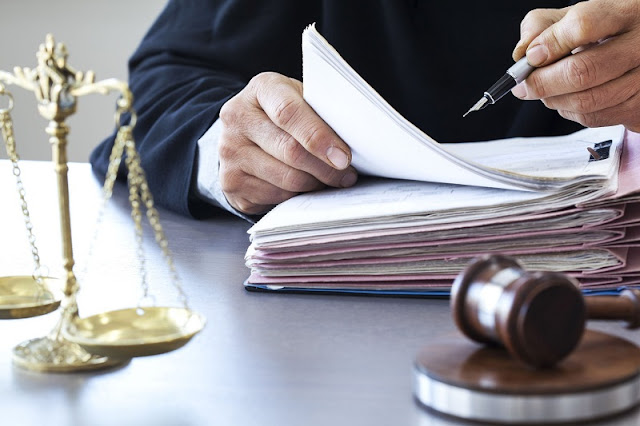The Role of an Attorney in Estate Planning and Probate
Estate planning and probate are two legal processes that deal with the distribution of a person's assets after their death. Estate planning involves creating a plan for how one's property and affairs will be handled in the event of incapacity or death, while probate is the court-supervised process of validating a will and transferring the property to the beneficiaries.
Both estate planning and probate can be complex and challenging, especially for people who are not familiar with the laws and procedures involved. That is why it is advisable to consult with an attorney who specializes in these areas and can provide guidance and assistance throughout the process.
An attorney can help with estate planning by:
Both estate planning and probate can be complex and challenging, especially for people who are not familiar with the laws and procedures involved. That is why it is advisable to consult with an attorney who specializes in these areas and can provide guidance and assistance throughout the process.
An attorney can help with estate planning by:
- Explaining the different options and tools available for estate planning, such as wills, trusts, powers of attorney, health care directives, and beneficiary designations.
- Helping to draft and execute a comprehensive estate plan that reflects one's wishes and goals, as well as the needs and interests of their family and heirs.
- Advising on how to minimize taxes, fees, and delays in the administration of the estate.
- Reviewing and updating the estate plan periodically or when there are significant changes in one's circumstances or preferences.
- Representing the executor or administrator of the estate in court and handling all the legal formalities and paperwork required for probate.
- Notifying and communicating with the beneficiaries, creditors, and other parties involved in the estate.
- Assisting with the inventory, appraisal, and distribution of the estate assets according to the will or the law.
- Resolving any disputes or challenges that may arise during probate, such as will contests, claims against the estate, or inheritance rights issues.
- Closing the estate and filing the final accounting and reports with the court.
- Establishing guardianship or conservatorship for minors or incapacitated adults who are beneficiaries of the estate.
- Creating special needs trusts or other arrangements for beneficiaries who have disabilities or special circumstances.
- Handling probate litigation or appeals if there are any legal conflicts or controversies regarding the estate.
If you are interested in learning more about estate planning and probate, or if you need legal assistance with these matters, please contact us today. We are here to help you with all your estate planning and probate needs.

